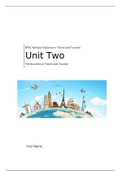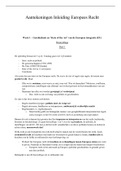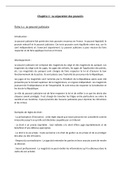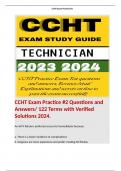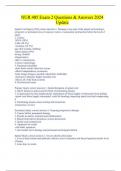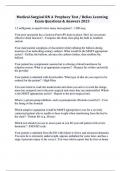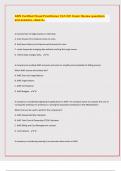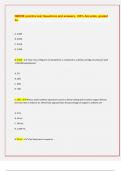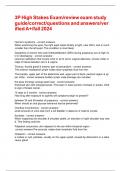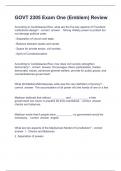Other
BTEC Travel and Tourism Level 3- Unit Two- The Business of Travel and Tourism.
- Institution
- PEARSON (PEARSON)
Please find the whole of Unit 2. I completed this in 2018 so it should all still be relevant. My work is completely EVed and Ived at Distinction. P1 P2 P3, M1, D1 P4, M2, D2
[Show more]
